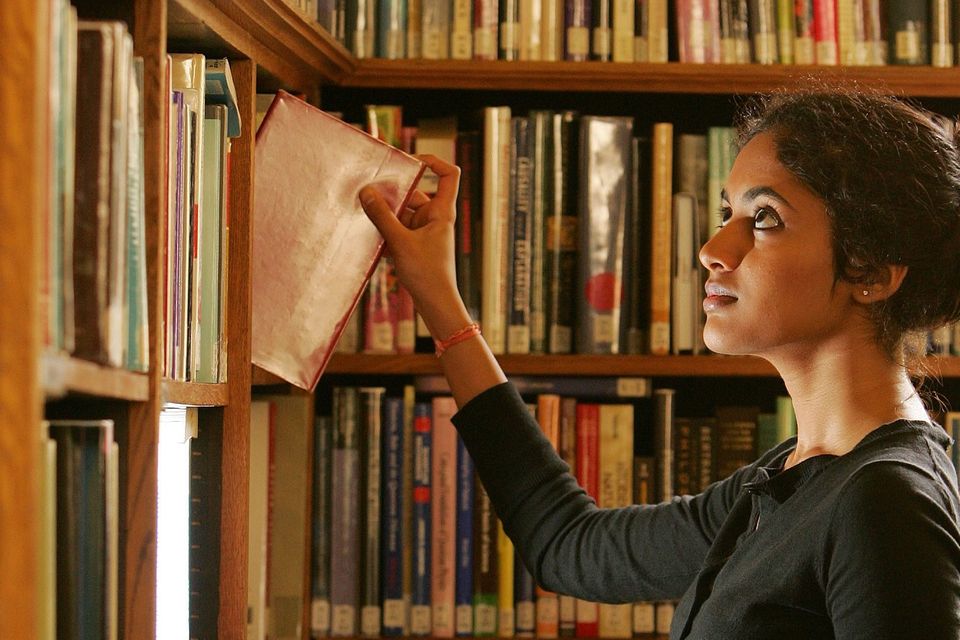How Republicans love to perpetuate the romantic myth
This year's oddest book title has been announced
You may have come across a man called Tim Pat Coogan, best-selling author of several bigoted and often wildly inaccurate books about the brave IRA struggle under the British and Orange jackboot.
He doesn't like me either, dismissing me and anyone else from his tribe who tries to understand the point of view of the British or unionists as exhibiting a "slave mentality" and "cultural cringe".
He was throwing insults around again last week, I'm told, at a debate in Dublin, where he referred to "syphilitic English leaders" and described unionists as "the settler class".
I once heard Coogan at a conference dismissing unionists as having no culture, reflecting a comforting nationalist myth. Professor Paul Bew once wrote that the otherwise fine historian Joseph Lee was "scathing about the 'sterility' of the Ulster Protestant 'imagination' - this in the very period when CS Lewis, ER Dodds, Louis MacNeice and Ernest Walton were flourishing: everything from Narnia through brilliant Greek scholar ship, outstanding poetry to Nobel prize-winning work in atomic energy."
But of course Ulster Protestants' anti-intellectualism hasn't helped. I think often about what divides us on this island, at present in the context of the centenary of the Easter Rising. Sinn Fein are developing a programme of events intended to offend unionists and anyone else who opposes political violence, not least by insisting that the likes of Mairead Farrell and Maire Drumm are in an apostolic line of hero/martyrs since Wolfe Tone.
They are bent on negating the efforts of the Irish government to commemorate all the dead of 1916 - rebels, civilians and "British Army and police personnel, many of them Irish" - for "all lives are equal in value" and "the narratives of everyone on the island of Ireland" should be heard.
Sinn Fein are loud in their opposition to any "hierarchy" of Troubles victims because they want murderers to have equal status with those they blew up or shot. It's another matter entirely when it's suggested that an unarmed policeman killed in Dublin in 1916 deserves the same respect as the Irish revolutionary who shot him.
I'm writing a book about the seven signatories of the Proclamation of the Irish Republic and what inspired them to espouse violent republicanism, which, of course, took me back to the Presbyterians who formed the backbone of the United Irish rebels of the late eighteenth century.
Which in turn had me reread David Trimble's fine Nobel speech - one of the few that has properly addressed one of the issues that bedevils understanding between Irish Roman Catholics and Protestants. We have different intellectual traditions, which is one reason why Catholics tend towards group think and Protestants toward factionalism. As Trimble pointed out, "The tradition from which I come... produced the first vernacular Bible in the language of the common people, and contributed much to the scientific language of the enlightenment. It puts a great price on the precise use of words, and uses them with circumspection, so much so that our passion for precision is often confused with an indifference to idealism."
He was, he explained, "culturally conditioned to be sceptical of speeches which are full of sound and fury, idealistic in intention, but impossible of implementation; and I resist the kind of rhetoric which substitutes vapour for vision."
It was a marvellous speech, which caused deep offence to Irish nationalists, who have been culturally conditioned to applaud unrealistic idealism.
It's all part of an old battle between Enlightenment values and Romanticism. Adherence to Roman Catholicism required absolute obedience: in reaction, Scots and Ulster-Scots Presbyterians were leading figures in intellectual enquiry. In Ireland, where they experienced serious discrimination, they fought, as Tone put it, "to substitute the common name of Irishman, in the place of the denominations of Protestant, Catholic, and Dissenter".
Several of those whose embrace of the principles of the French Revolution led to terrible carnage and sectarian warfare in 1798 ended up hanged.
Others went into exile and many who stayed retreated from intellectual exploration into entrenched sectarianism.
Meanwhile, disillusioned Irish Catholics embraced Romanticism, which made them inclined towards sentimental adherence to hopeless causes and the cult of hero/martyrs. We need to understand each other better.
Don't expect Tim Pat Coogan to help, though.

